Interviews
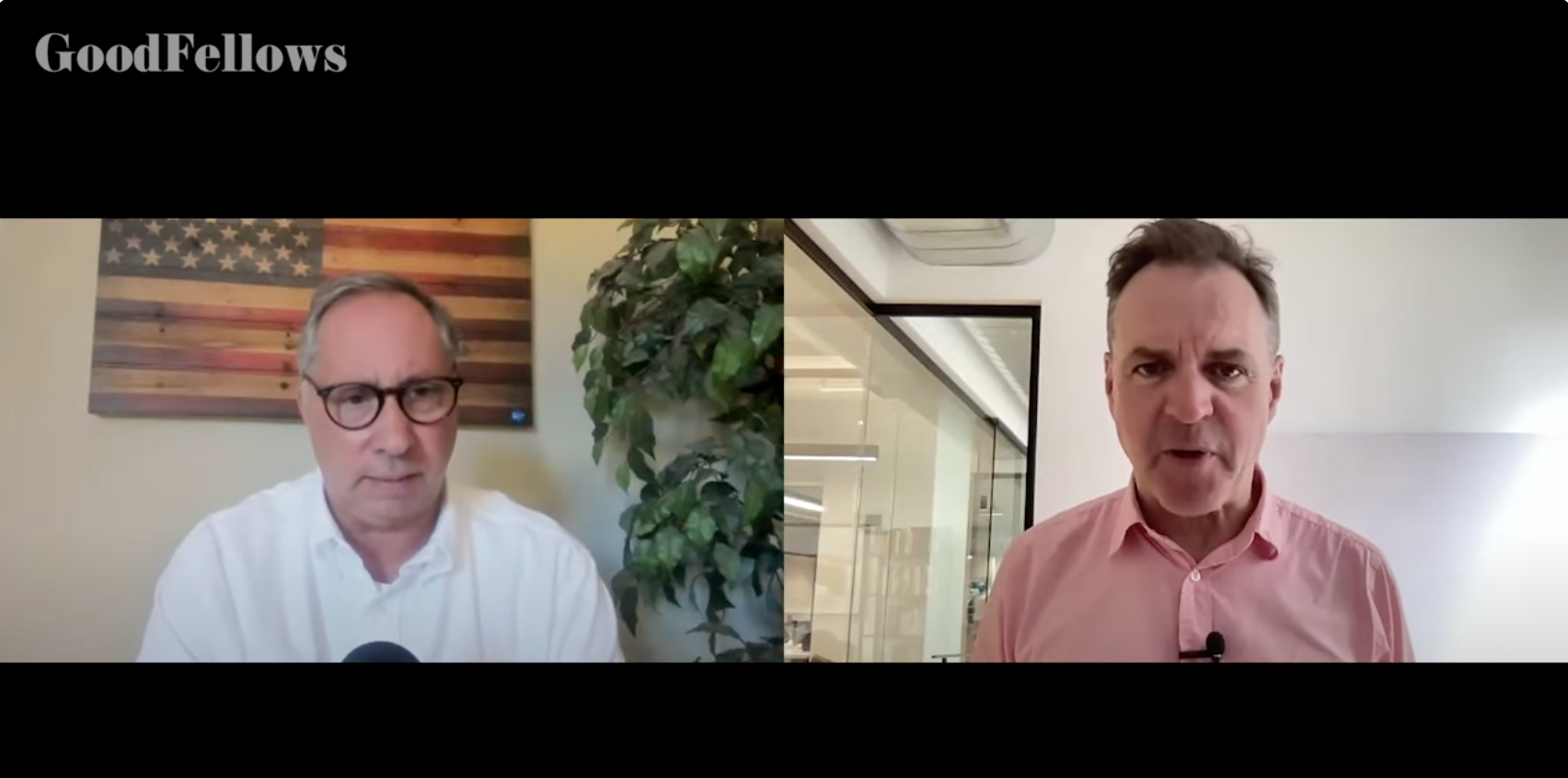
So It Goes: Niall Ferguson on Good Books, Bad Screens, a 1968 Redux, and Hobbits | GoodFellows
In a topsy-turvy election year, does America’s 2024 presidential contest summon ghosts from 1968—or, is a late-breaking 1980-style landslide in the cards? Historian Niall Ferguson appears solo on this “mini” edition of GoodFellows to discuss the current political landscape, what roles an aging electorate and the “gender gap” will play in America’s election, plus a fondness for tariffs shared by two very different Republicans: Donald Trump and William McKinley (aka “the tariff king”). Niall also discusses the challenges in raising two young sons in the Information Age, and his renewed appreciation for the works of Kurt Vonnegut.
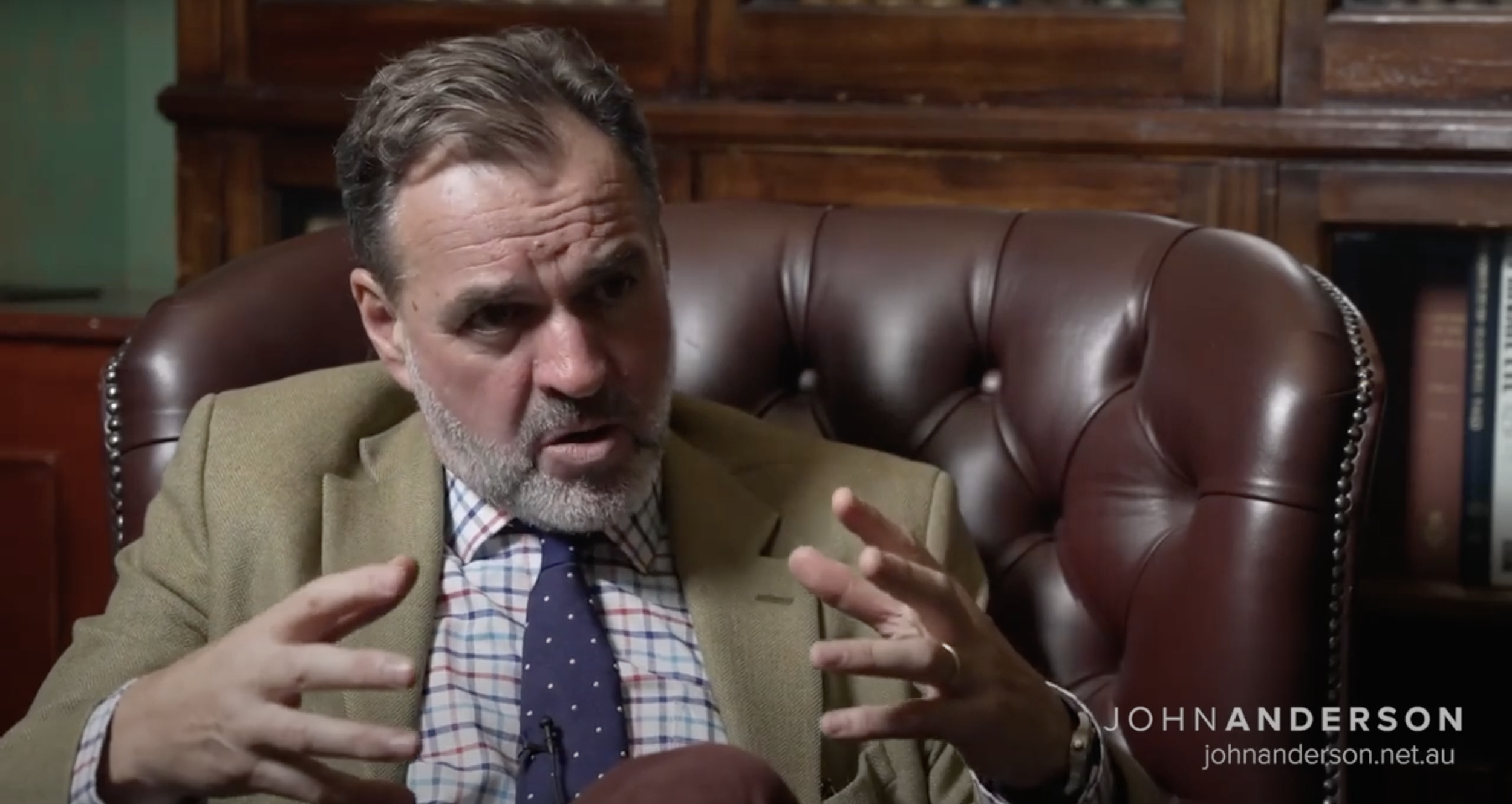
Niall Ferguson Explains Why Cold War 2.0 Has Already Started | Asia Observer + Insights
The US is already in Cold War 2.0 with China...and a Chinese invasion or blockage of Taiwan is likely to occur by the end of this decade, paralleling the Cuban Missile Crisis of 1962. That’s according to esteemed historian and author Niall Ferguson, who has been sounding the alarm since 2018, when he started formulating his Cold War 2 thesis partly after conversations with Henry Kissinger. This video details Ferguson’s Cold War II thesis: USA vs China, by drawing a number of parallels with the First Cold War with the U.S.S.R.
In both Cold Wars, there are two dominant powers, competing on various dimension including: ideological, geopolitical, economic, and technological.
A number of clips from Niall Ferguson’s past interviews and presentations on this topic are presented in this video detailing his analogy that paints a compelling picture of why the US is in the early stages of Cold War 2.0. He also goes into depth on a number of related parallels and topics, including:
* Why Ukraine is the first “hot war” of CW2, just as the Korean War was the first one of CW1.
* Israel, Iran and the importance of the Middle East in both Cold Wars
Geopolitical flash points: he equates the Cuban Missile Crisis to the possible “The Taiwan Semiconductor Crisis”….with a critical difference that puts the US at a critical disadvantage
* Key differences and similarities between the first and second Cold War, and what the West should do about it to avoid World War 3.
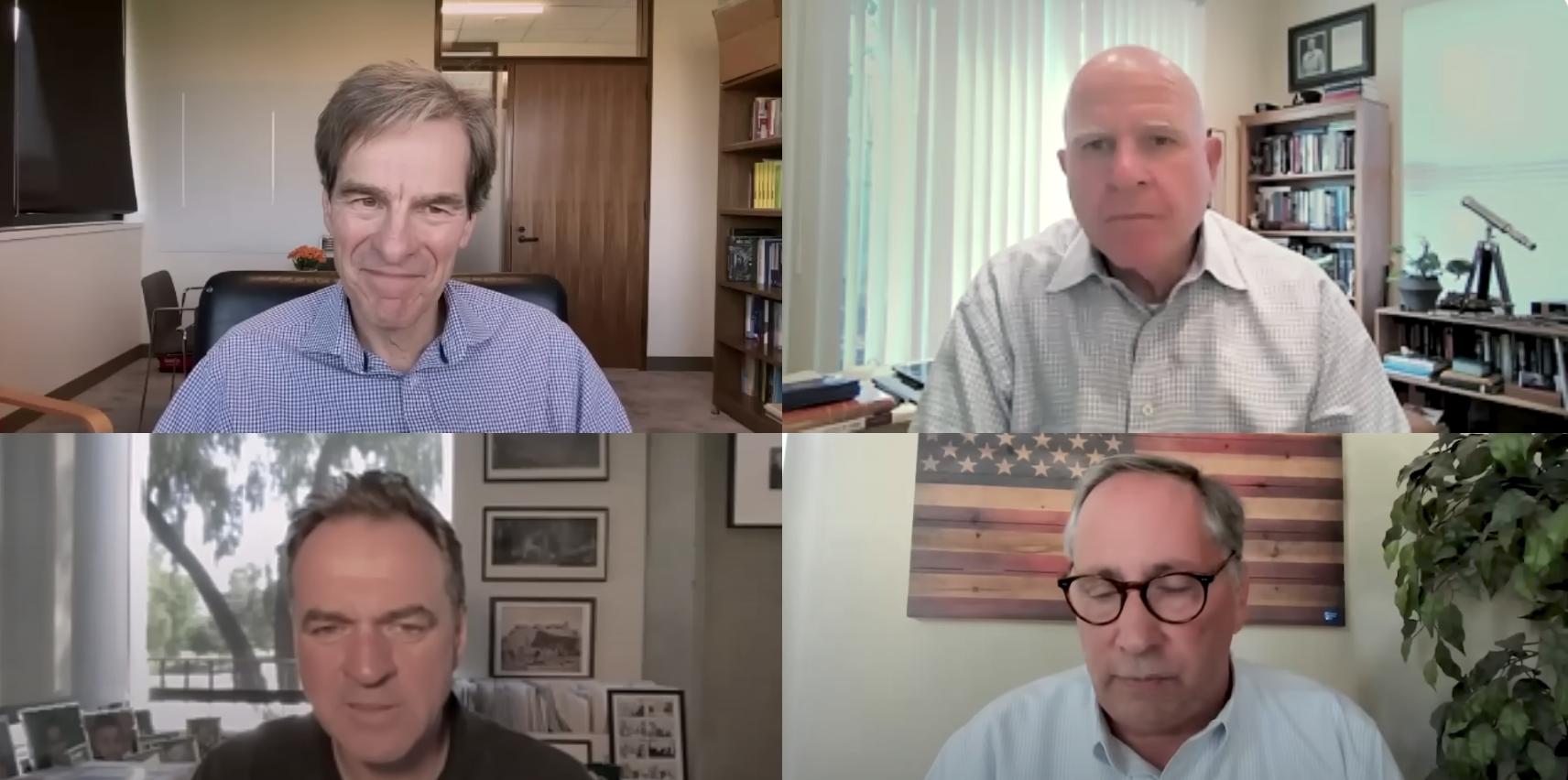
Niall Ferguson, John Cochrane, & H. R. McMaster: Unburdened by What Has Been | GoodFellows
An already surreal political year becomes all the more quizzical as former president Donald Trump literally dodges an assassin’s bullet soon before making a surprise pick of Ohio senator J. D. Vance as his running mate; followed by President Biden unexpectedly ending his reelection bid and Vice President Kamala Harris swiftly becoming the Democratic Party’s presumptive presidential nominee. Hoover senior fellows Niall Ferguson, John Cochrane, and H.R. McMaster do their best to make sense of these summertime blockbusters, including whether Harris alters her party’s course (triangulate or double down on the past four years?); the pros and cons of Trump-brand nationalism and that philosophy’s hold over a restyled Republican Party; Vance’s qualifications for national office; plus cautionary tales from Biden’s lone presidential term and the chances of more surprises to come before Election Day in America.
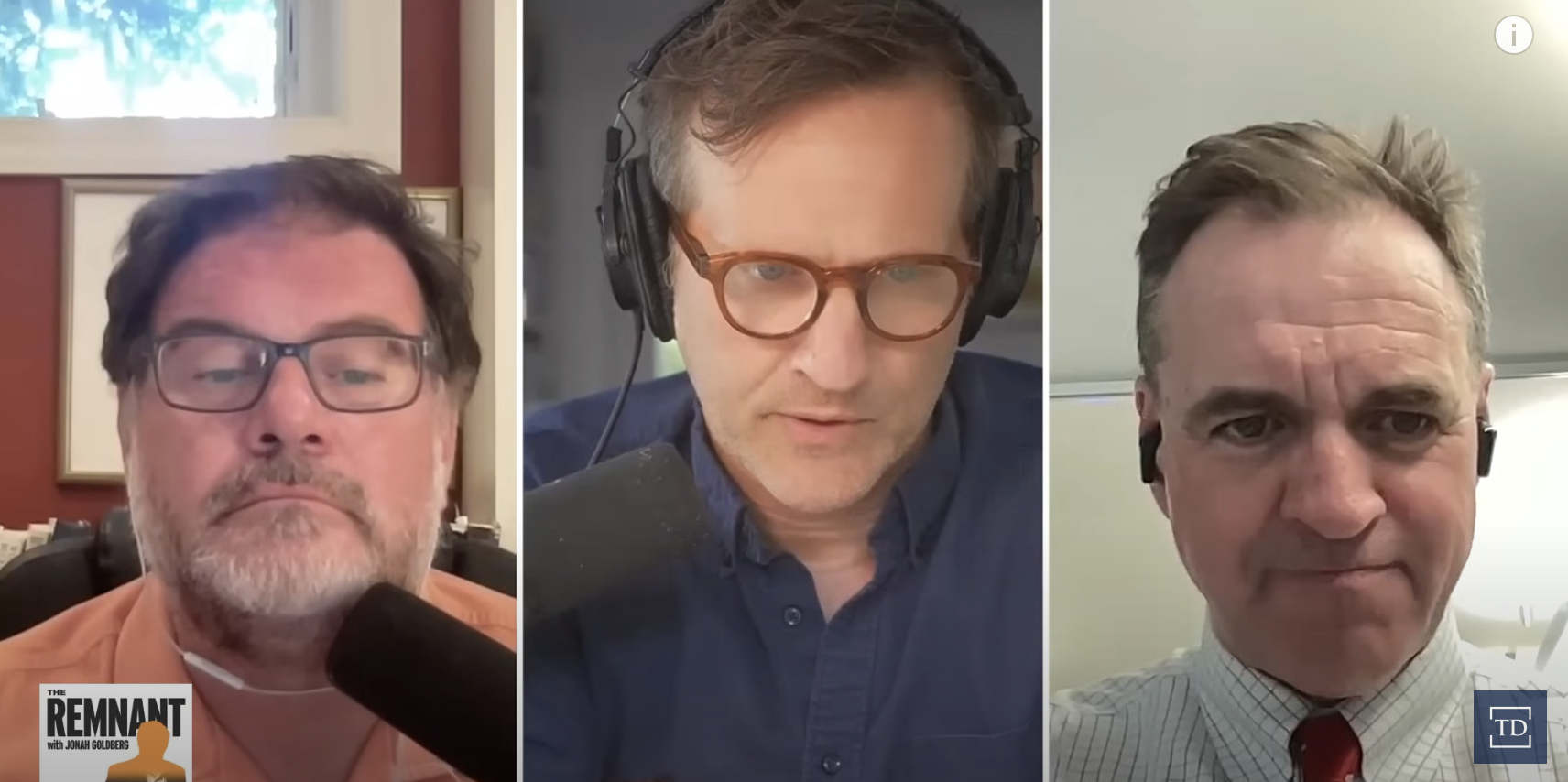
Niall Ferguson, Jonah Goldberg, & Michael Moynihan Debate: Is America Becoming the Soviet Union? | The Dispatch
The conversation between Niall Ferguson and Jonah Goldberg revolves around the question of whether the United States is becoming like the Soviet Union. Niall argues that the decline in life expectancy, rising mortality rates, and the disillusionment of ordinary Americans resemble the Soviet Union's experience. He also points out the disconnect between the elite and the masses, with the American elite no longer believing in the distinctiveness of the United States. Jonah disagrees, stating that while there are real problems in the US, the causes and solutions are different from those of the Soviet Union. He also emphasizes the importance of freedom of speech and rejects the idea that the US is morally equivalent to the Soviet Union.
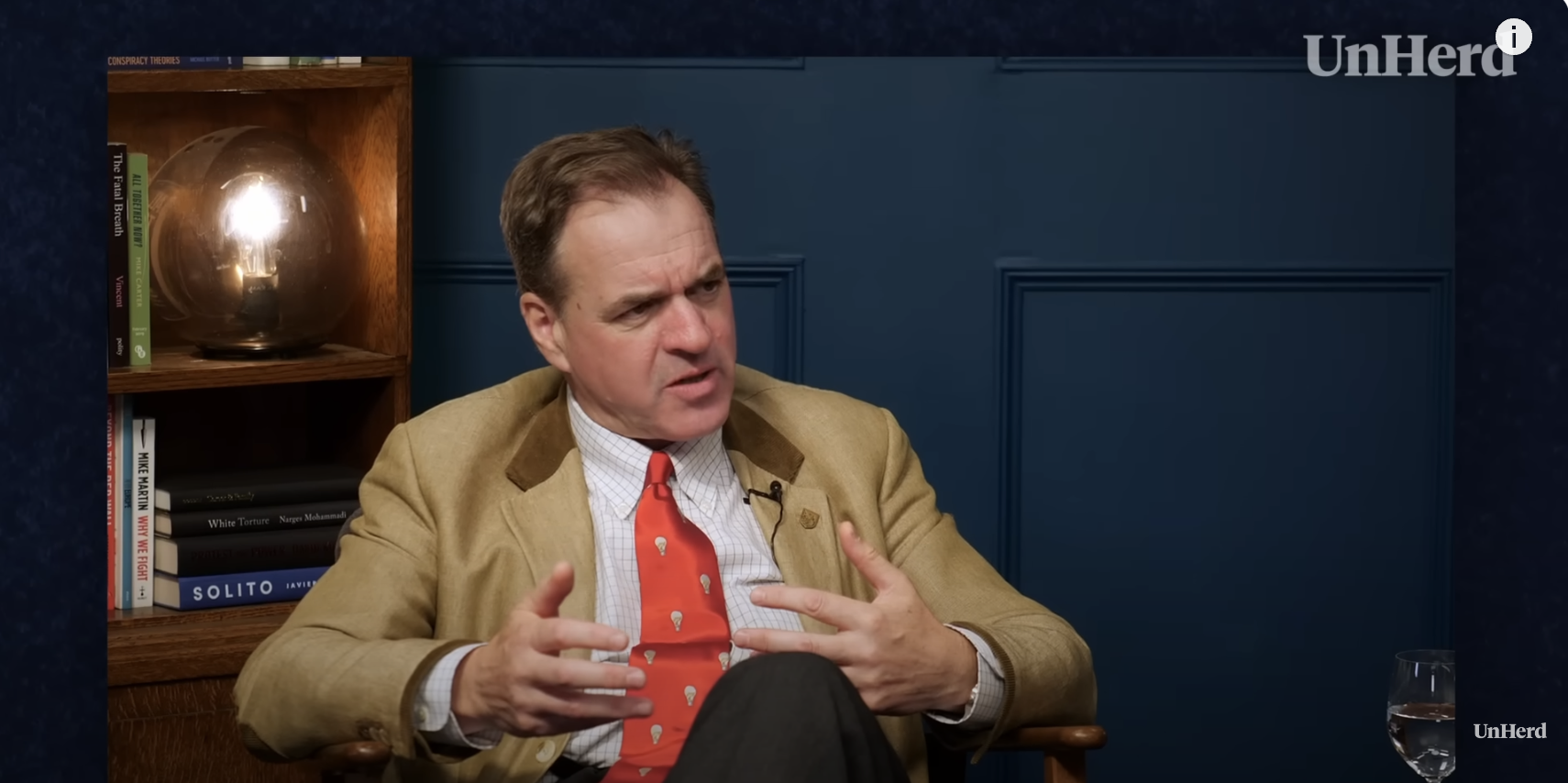
Niall Ferguson & Freddie Sayers: Are We the Soviets Now? | UnHerd
UnHerd's Freddie Sayers meets Niall Ferguson.
With public calls to remove the sitting US President, a UK election set to unseat its government and the rightward swing in Europe, it’s all change on the Western front. Best-selling historian Sir Niall Ferguson joins UnHerd’s Freddie Sayers for a wide-lens tour of populism and its discontents.
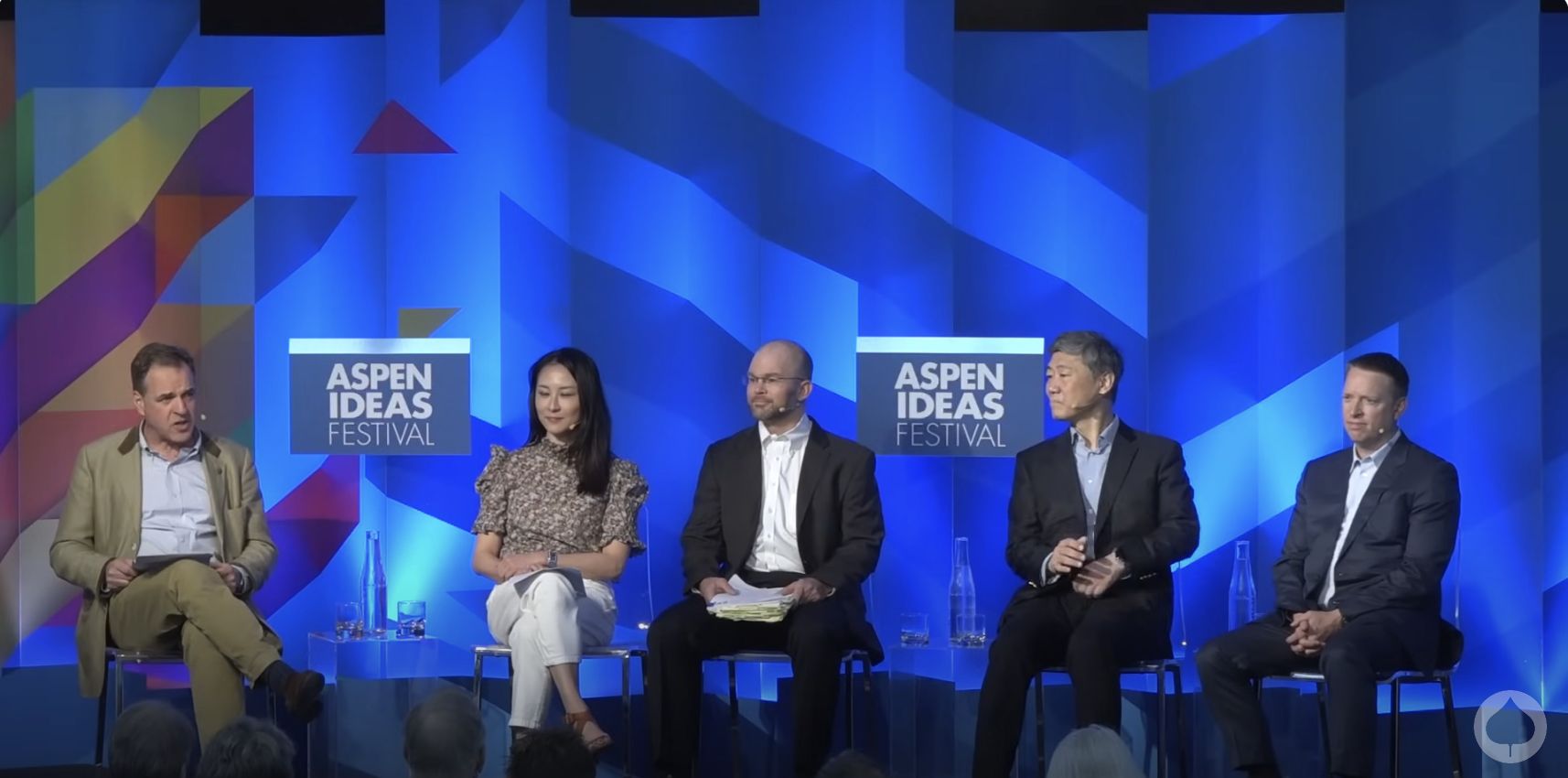
U.S. and China: Edging Toward the Brink? | The Aspen Institute
Niall Ferguson, the celebrated historian who predicted Cold War II in 2018, has assembled the sharpest minds from both sides of the Bamboo Curtain for a discussion on the future of U.S.-China relations.
David Daokui Li
Andrew Erickson
Niall Ferguson
Keyu Jin
Matt Pottinger
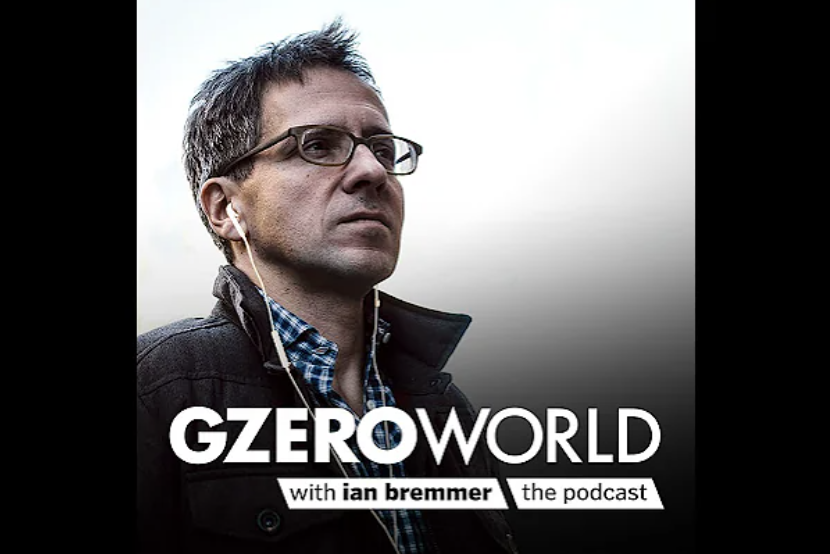
Niall Ferguson & Ian Bremmer: How Human History Is Shaped By Disaster | GZERO Media
Stanford historian Niall Ferguson joins Ian Bremmer on the GZERO World podcast to talk about the geopolitics of disaster. Throughout human history we seem to be unable to adequately prepare for catastrophes (natural or human-caused) before they strike. Why is that? And as we emerge from the greatest calamity of our lifetimes in the COVID-19 pandemic and look to the plethora of crises that climate change has and will cause, what can we do to lessen the blow?
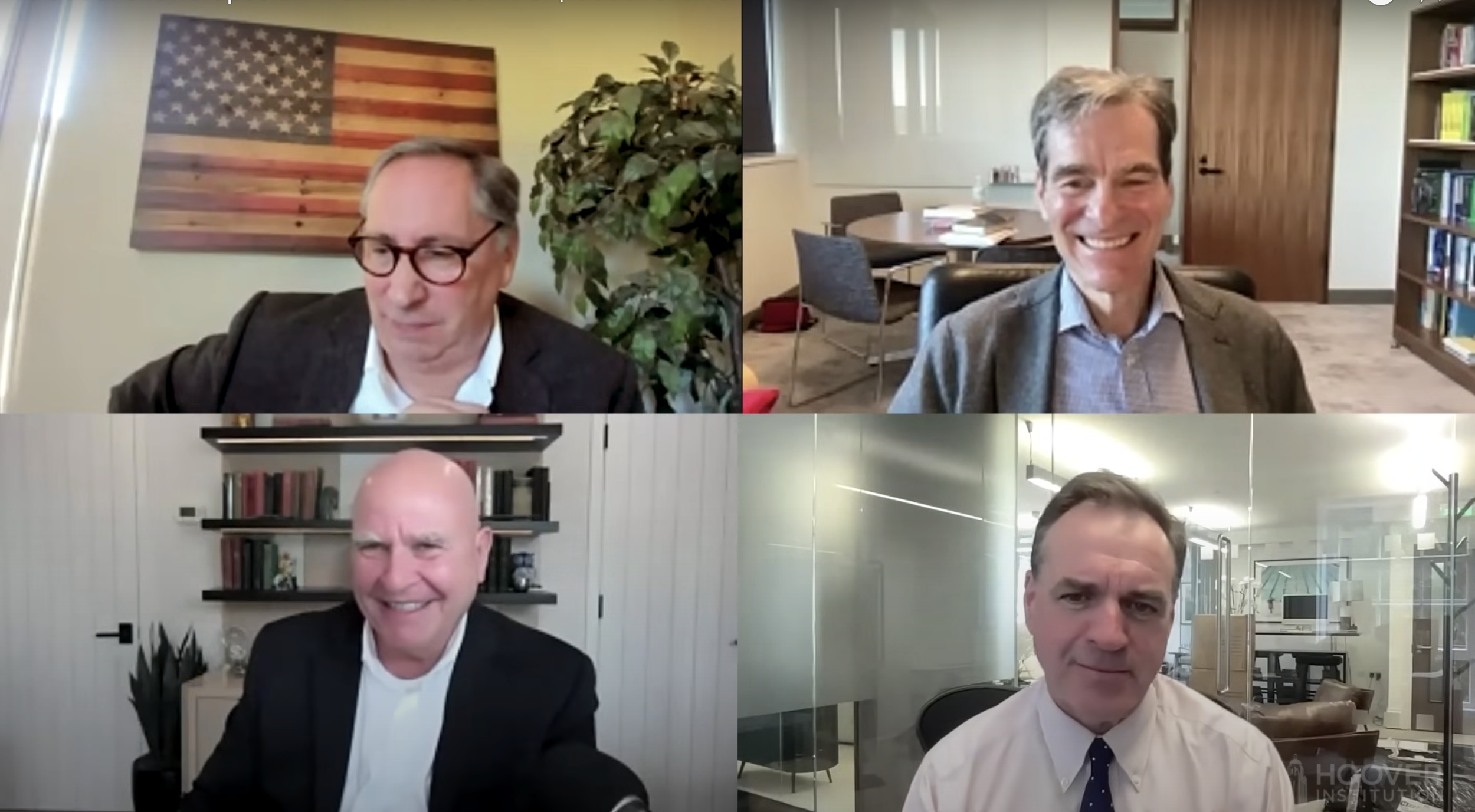
Niall Ferguson, John Cochrane, & H. R. McMaster: A Guide to Summer | GoodFellows
How do a historian, an economist, and a geostrategist make the best use of their summers? In this special edition of GoodFellows, Hoover senior fellows Niall Ferguson, John Cochrane, and H.R. McMaster share their summertime preferences. From favorite leisurely pursuits (land, air, and sea) to go-to food and drink, and family gatherings, they offer a glimpse into their personal lives. They also recommend books and movies, and discuss their upcoming research and writing projects, which involve plenty of travel. Among the revelations: while they are summer aficionados, they’re not streaming “vidiots.” Additionally, on a conflicting 4th of July, we explore a dual citizen’s “special relationship” with his native U.K. and adopted America.
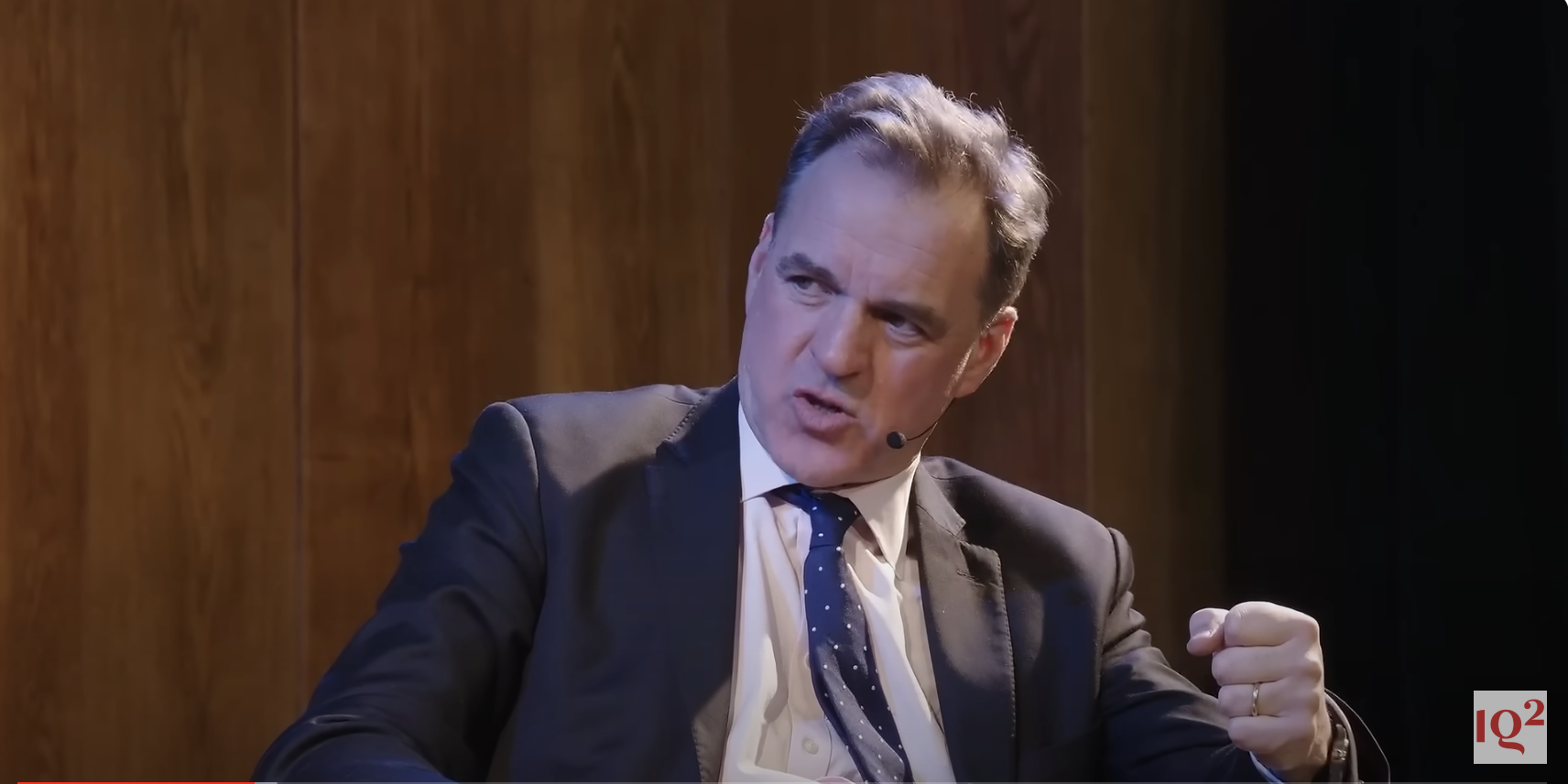
The World in 2024 with Niall Ferguson: Crisis, Conflict, and the New Axis of Evil | Intelligence Squared
‘The point of studying the past is to understand our present predicament’ – Niall Ferguson
There are few big thinkers better placed to explain global events than historian Niall Ferguson. He has not just a profound understanding of past crises, but also an exceptional ability to map out the longer term impact that present crises will have on world affairs.
In April 2024 Ferguson joined us on the Intelligence Squared stage to discuss the predicaments we are currently facing. How can the West deal with the geopolitical and ideological threats posed by what Ferguson calls the axis of ill will – Russia, China and Iran? With localised wars in Ukraine and Israel-Gaza and the threat of a crisis over Taiwan, are we sleepwalking towards a Third World War? And what are the likely consequences of the ongoing conflicts for the world economy?
Ferguson explored these pressing questions and shares his insights into the fast-changing global landscape.
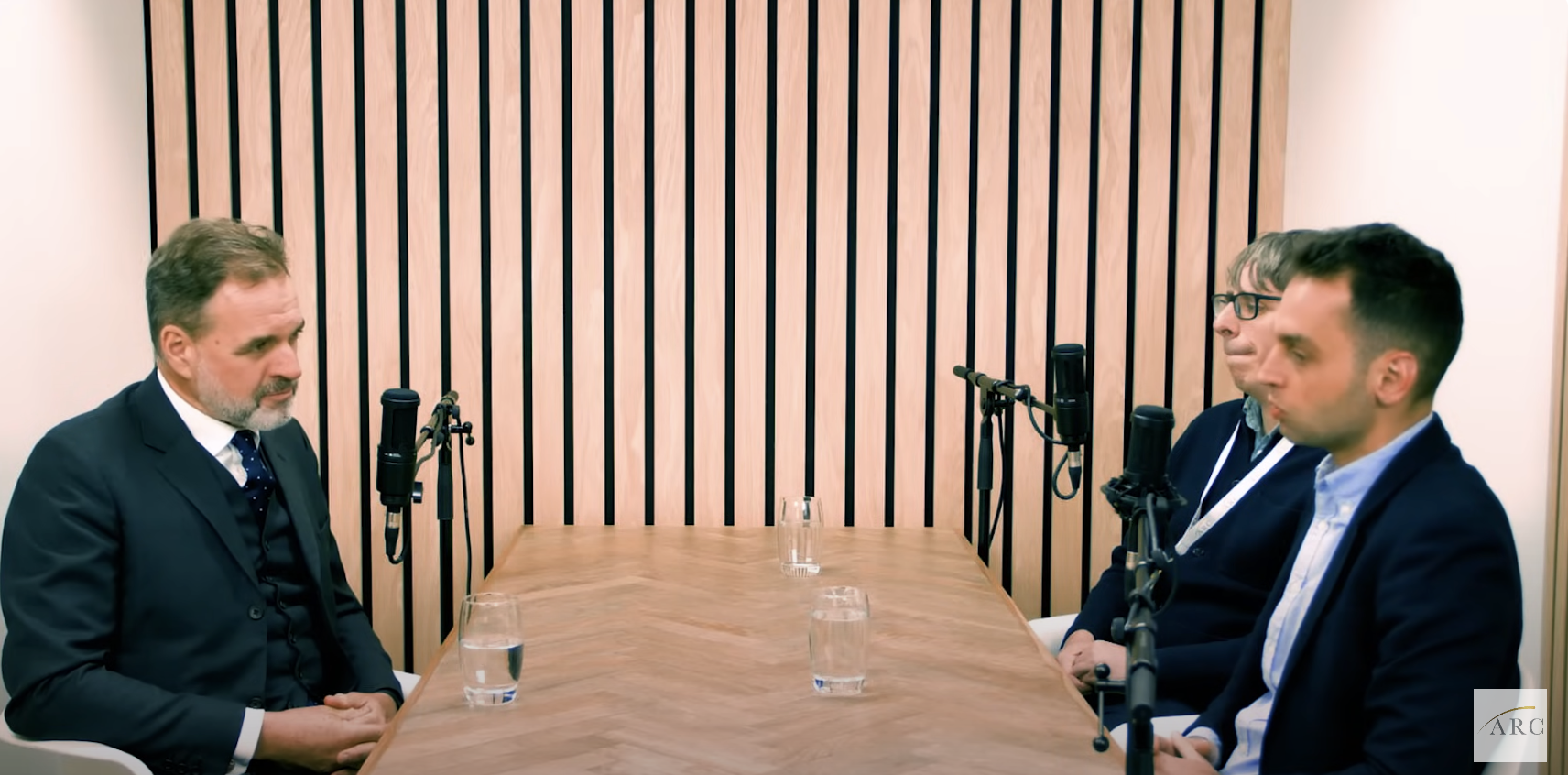
Niall Ferguson, Konstantin Kisin, & Francis Foster: The 4 Key Threats Facing the West | Alliance for Responsible Citizenship
In this week’s ARC Off-Stage Conversation, historian Niall Ferguson meets Konstantin Kisin and Francis Foster of TRIGGERnometry to discuss the future of Western civilisation. Konstantin and Niall discuss some of the major threats we are facing, but Niall reminds us that these are no worse than those faces 50 years ago. The 70s saw huge inflation problems, deteriorating geopolitics in many regions, and concern about morality. But by 1980, “Ronald Reagan is elected. Nine years later, the Berlin Wall comes down, and two years after that, the Soviet Union's gone.”
Yes, the West currently faces serious problems and threats, but decline is never inevitable. We must remember our history because, despite “the declinists’” obsession with crisis and collapse, there is always hope for renewal.

